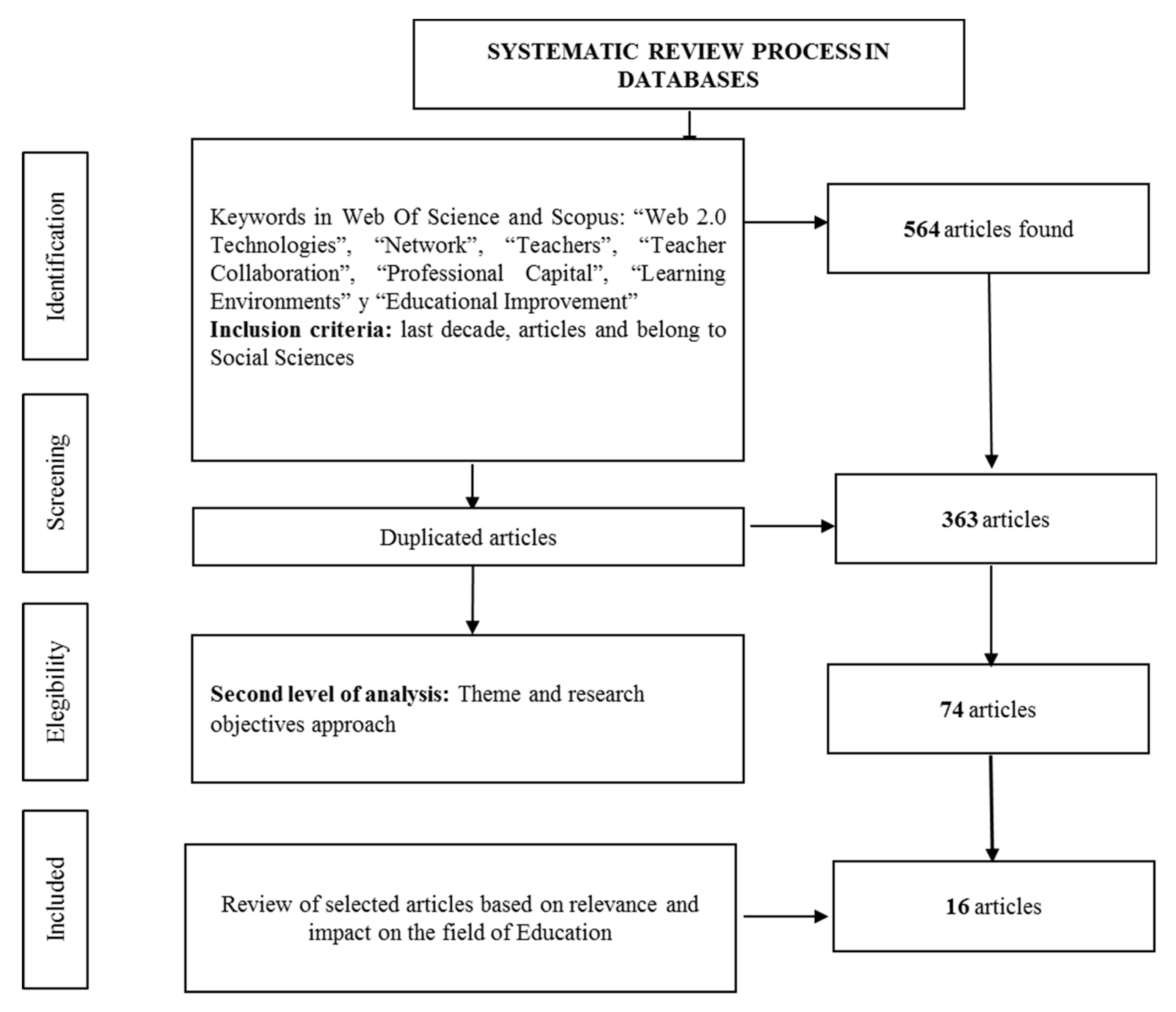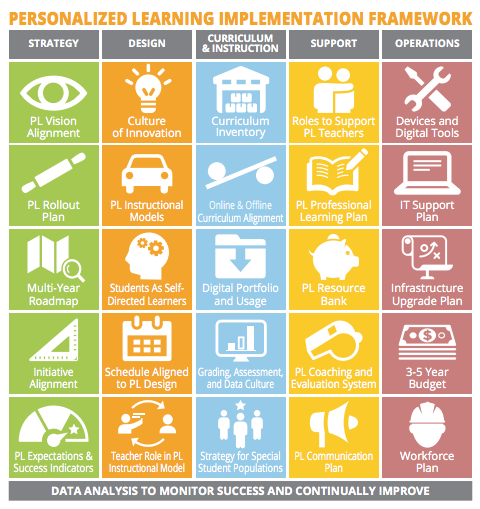40 federated learning with only positive labels
Positive and Unlabelled Learning: Recovering Labels for Data ... - Medium The two-step approach is a more complex method for PU learning that uses machine learning techniques to relabel data while training. The steps for implementation are as follows: Step one. Train a standard classifier on positive and unknown cases. Get a score range for definite positive cases to label definite negatives; Step Two Federated learning with only positive labels - Google Research To address this problem, we propose a generic framework for training with only positive labels, namely Federated Averaging with Spreadout (FedAwS), where the server imposes a geometric regularizer after each round to encourage classes to be spreadout in the embedding space.
chaoyanghe/Awesome-Federated-Learning - GitHub Federated Learning of a Mixture of Global and Local Models Faster On-Device Training Using New Federated Momentum Algorithm FedDANE: A Federated Newton-Type Method Distributed Fixed Point Methods with Compressed Iterates Primal-dual methods for large-scale and distributed convex optimization and data analytics

Federated learning with only positive labels
Federated Learning with Only Positive Labels | Papers With Code To address this problem, we propose a generic framework for training with only positive labels, namely Federated Averaging with Spreadout (FedAwS), where the server imposes a geometric regularizer after each round to encourage classes to be spreadout in the embedding space. Federated Learning with Positive and Unlabeled Data | DeepAI Therefore, existing PU learning methods can be hardly applied in this situation. To address this problem, we propose a novel framework, namely Federated learning with Positive and Unlabeled data (FedPU), to minimize the expected risk of multiple negative classes by leveraging the labeled data in other clients. Machine learning with only positive labels - Signal Processing Stack ... 2. I would use a novelty detection approach: Use SVMs (one-class) to find a hyperplane around the existing positive samples. Alternatively, you could use GMMs to fit multiple hyper-ellipsoids to enclose the positive examples. Then given a test image, for the case of SVMs, you check whether this falls within the hyperplane or not.
Federated learning with only positive labels. [2004.10342] Federated Learning with Only Positive Labels [Submitted on 21 Apr 2020] Federated Learning with Only Positive Labels Felix X. Yu, Ankit Singh Rawat, Aditya Krishna Menon, Sanjiv Kumar We consider learning a multi-class classification model in the federated setting, where each user has access to the positive data associated with only a single class. albarqouni/Federated-Learning-In-Healthcare - GitHub A list of top federated deep learning papers published since 2016. Papers are collected from peer-reviewed journals and high reputed conferences. However, it might have recent papers on arXiv. A meta-data is required along the paper, e.g. topic. Some fundamental papers could be listed here as well. List of Journals / Conferences (J/C): Federated Learning with Positive and Unlabeled Data. (arXiv:2106 ... We study the problem of learning from positive and unlabeled (PU) data in the federated setting, where each client only labels a little part of their dataset due to the limitation of resources and time. Different from the settings in traditional PU learning where the negative class consists of a single class, Federated Learning with Only Positive Labels | DeepAI To address this problem, we propose a generic framework for training with only positive labels, namely Federated Averaging with Spreadout (FedAwS), where the server imposes a geometric regularizer after each round to encourage classes to be spreadout in the embedding space.
PDF Federated Learning with Only Positive Labels Federated Learning with Only Positive Labels However, conventional federated learning algorithms are not directly applicable to the problem of learning with only pos- itive labels due to two key reasons: First, the server cannot communicate the full model to each user. Besides sending the instance embedding model g Federated learning with only positive labels | Proceedings of the 37th ... To address this problem, we propose a generic framework for training with only positive labels, namely Federated Averaging with Spreadout (FedAwS), where the server imposes a geometric regularizer after each round to encourage classes to be spreadout in the embedding space. Federated Learning with Positive and Unlabeled Data - NASA/ADS We study the problem of learning from positive and unlabeled (PU) data in the federated setting, where each client only labels a little part of their dataset due to the limitation of resources and time. Different from the settings in traditional PU learning where the negative class consists of a single class, the negative samples which cannot be identified by a client in the federated setting ... Federated Learning with Only Positive Labels - NASA/ADS Federated Learning with Only Positive Labels Yu, Felix X. Singh Rawat, Ankit Krishna Menon, Aditya Kumar, Sanjiv Abstract We consider learning a multi-class classification model in the federated setting, where each user has access to the positive data associated with only a single class.
Federated Learning with Only Positive Labels - ICML We consider learning a multi-class classification model in the federated setting, where each user has access to the positive data associated with only a single class. As a result, during each federated learning round, the users need to locally update the classifier without having access to the features and the model parameters for the negative ... Federated Learning with Only Positive Labels - SlidesLive To address this problem, we propose a generic framework for training with only positive labels, namely Federated Averaging with Spreadout (FedAwS), where the server imposes a geometric regularizer after each round to encourage classes spread out in the embedding space. A survey on federated learning - ScienceDirect This section summarizes the categorizations of federatedlearning in five aspects: data partition, privacy mechanisms, applicable machine learning models, communication architecture, and methods for solving heterogeneity. For easy understanding, we list the advantages and applications of these categorizations in Table 1. Table 1. Federated Learning for Open Banking | SpringerLink Federated learning is a decentralized machine learning framework that can train a model without direct access to users' private data. The model coordinator and user/participant exchange model parameters that can avoid sending user data. ... Only positive labels arise because each user usually only has one-class data while the global model ...
Challenges and future directions of secure federated learning: a survey ... Federated learning came into being with the increasing concern of privacy security, as people's sensitive information is being exposed under the era of big data. ... Yu F X, Rawat A S, Menon A K, Kumar S. Federated learning with only positive labels. 2020, arXiv preprint arXiv: 2004.10342. Kairouz P, McMahan H B, Avent B, Bellet A, Bennis M ...
Title: Federated Learning with Positive and Unlabeled Data Abstract: We study the problem of learning from positive and unlabeled (PU) data in the federated setting, where each client only labels a little part of their dataset due to the limitation of resources and time. Different from the settings in traditional PU learning where the negative class consists of a single class, the negative samples which cannot be identified by a client in the ...
Federated Learning with Only Positive Labels To address this problem, we propose a generic framework for training with only positive labels, namely Federated Averaging with Spreadout (FedAwS), where the server imposes a geometric regularizer after each round to encourage classes to be spreadout in the embedding space.
Federated Learning with Only Positive Labels. | OpenReview To address this problem, we propose a generic framework for training with only positive labels, namely Federated Averaging with Spreadout (FedAwS), where the server imposes a geometric regularizer after each round to encourage classes to be spreadout in the embedding space.
Positive and Unlabeled Federated Learning | OpenReview Therefore, existing PU learning methods can be hardly applied in this situation. To address this problem, we propose a novel framework, namely Federated learning with Positive and Unlabeled data (FedPU), to minimize the expected risk of multiple negative classes by leveraging the labeled data in other clients.
[2004.10342v1] Federated Learning with Only Positive Labels [Submitted on 21 Apr 2020] Federated Learning with Only Positive Labels Felix X. Yu, Ankit Singh Rawat, Aditya Krishna Menon, Sanjiv Kumar We consider learning a multi-class classification model in the federated setting, where each user has access to the positive data associated with only a single class.
Federated learning with only positive labels and federated deep ... A Google TechTalk, 2020/7/30, presented by Felix Yu, GoogleABSTRACT:
Reading notes: Federated Learning with Only Positive Labels Authors consider a novel problem, federated learning with only positive labels, and proposed a method FedAwS algorithm that can learn a high-quality classification model without negative instance on clients Pros: The problem formulation is new. The author justified the proposed method both theoretically and empirically.
Federated Learning in Healthcare (WiSe2020) | Shadi Albarqouni FedAwS: Federated Learning with Only Positive Labels: ICML 2020: PDF: 9: SCAFFOLD: Stochastic Controlled Averaging for Federated Learning: ICML 2020: Stoican: PDF: 10: ... Federated Learning in Distributed Medical Databases: Meta-Analysis of Large-Scale Subcortical Brain Data: ISBI 2019: Hofmann:
Federated Learning with Only Positive Labels | Request PDF To address this problem, we propose a generic framework for training with only positive labels, namely Federated Averaging with Spreadout (FedAwS), where the server imposes a geometric regularizer...
Machine learning with only positive labels - Signal Processing Stack ... 2. I would use a novelty detection approach: Use SVMs (one-class) to find a hyperplane around the existing positive samples. Alternatively, you could use GMMs to fit multiple hyper-ellipsoids to enclose the positive examples. Then given a test image, for the case of SVMs, you check whether this falls within the hyperplane or not.
Federated Learning with Positive and Unlabeled Data | DeepAI Therefore, existing PU learning methods can be hardly applied in this situation. To address this problem, we propose a novel framework, namely Federated learning with Positive and Unlabeled data (FedPU), to minimize the expected risk of multiple negative classes by leveraging the labeled data in other clients.
Federated Learning with Only Positive Labels | Papers With Code To address this problem, we propose a generic framework for training with only positive labels, namely Federated Averaging with Spreadout (FedAwS), where the server imposes a geometric regularizer after each round to encourage classes to be spreadout in the embedding space.














Post a Comment for "40 federated learning with only positive labels"